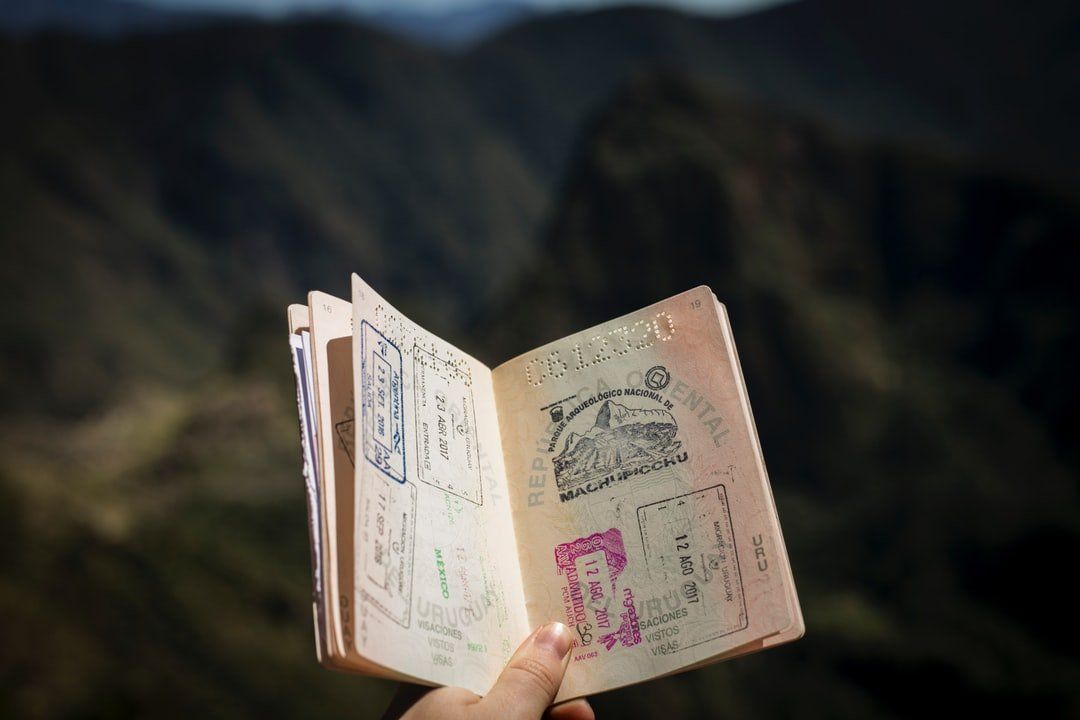Immigration Law Attorneys In Tampa, Florida
Tackling Your Immigration Challenges
As you prepare to embark on your journey to the United States as an immigrant, a wave of uncertainty may engulf you. What type of visa is appropriate for my situation? Which forms are necessary? How can I secure permanent residence in the U.S? How much time before I acquire a green card? Is deportation a possibility? Breathe. Diaz Shafer Immigration – an immigration law firm based in Tampa, Florida – is your reliable partner in maneuvering these waters.
With years of experience and a deep understanding of the ever-changing immigration laws, we are well-equipped to guide you through the legal process. Our team will work closely with you to assess your unique situation and provide personalized guidance tailored to your needs.
Whether you are seeking employment-based visas, family-based visas, or asylum, our attorneys have the experience to navigate these complex areas of law. We understand that each case is different and requires individualized attention. That's why we take the time to understand your specific circumstances and provide comprehensive solutions.
Our goal is not only to secure your temporary or permanent residence in the U.S., but also to ensure that you feel supported and informed throughout the entire process.
We have successfully navigated immigration and naturalization cases across the diverse U.S. landscape. Whether you're entering U.S. soil for the first time, looking to secure a green card in preparation for a marital union with your U.S. significant other, or challenging a removal order, Diaz Shafer Immigration is committed to fighting for your rights.
Rely on our broad experience to provide you with the much-needed peace of mind, reassured that seasoned immigration attorneys are advocating on your behalf.
Call Diaz Shafer Immigration
at 813-303-0650
to
schedule a consultation with a lawyer today.
Hablamos Español.
Untangling the Complex Web of Immigration Law
U.S. immigration laws are intricate, complex, and can be challenging to navigate - even for those fluent in English. Unintentional violations, regrettably, can result in severe outcomes. With over 25 years of experience, Diaz Shafer Immigration offers understanding and results-driven support as you navigate through this legal maze in Florida. We are committed to ensuring that you and your family adhere to every component of the law. You are entitled to all the privileges the U.S. immigration system provides to newcomers. From entry into the country to achieving American citizenship, Diaz Shafer Immigration is dedicated to helping you overcome hurdles and seize the opportunities this nation has to offer.
Helping Businesses Solve Immigration Issues
Diaz Shafer Immigration doesn't just offer support to individuals and families in Tampa, Florida. We also provide significant assistance to American businesses in attracting and retaining international talent with employment-based visas. Beginning from the application process abroad, we ensure that your candidates fulfill all the requirements for legal immigration, maintaining full compliance with the law for both you and them. But our service doesn't stop there. We guide foreign businesses and investors to take full advantage of the United States' favorable business environment. This includes visa support, advice on establishing a business in the U.S., and so much more.
Our extensive knowledge and experience in immigration law makes us the go-to law firm for companies looking to navigate the complex world of international hiring. So if you're a business owner or HR professional seeking top talent from around the world, look no further than Diaz Shafer Immigration. We will ensure that your company is equipped with the best and brightest minds to take your business to new heights.
Teaming up with you and your staff, Diaz Shafer Immigration works tirelessly to resolve any immigration issues that might arise.
Have Questions?
Call Diaz Shafer Immigration
at 813-303-0650
today.
Hablamos Español.


















